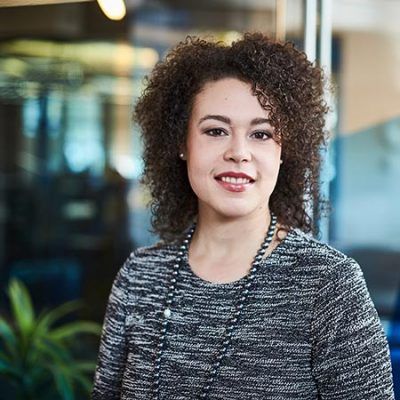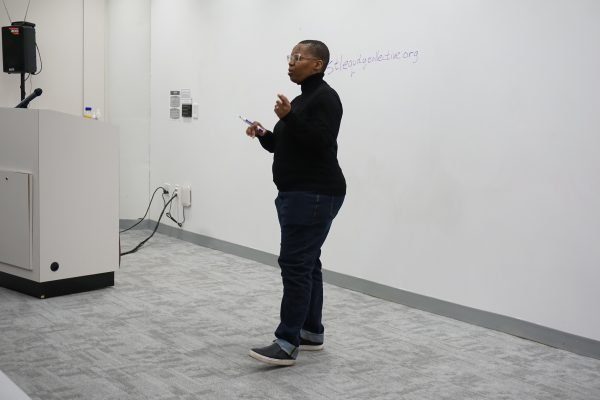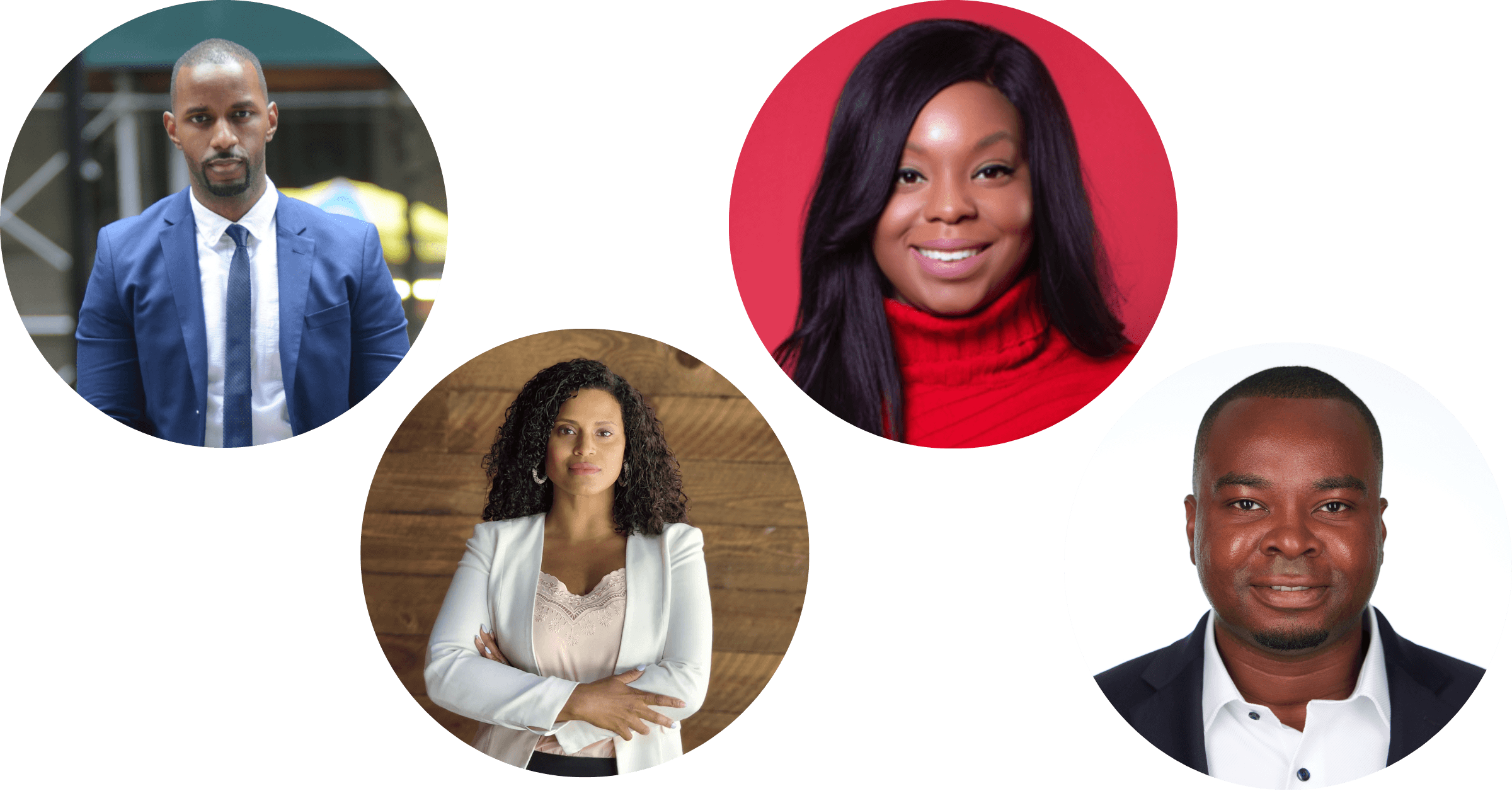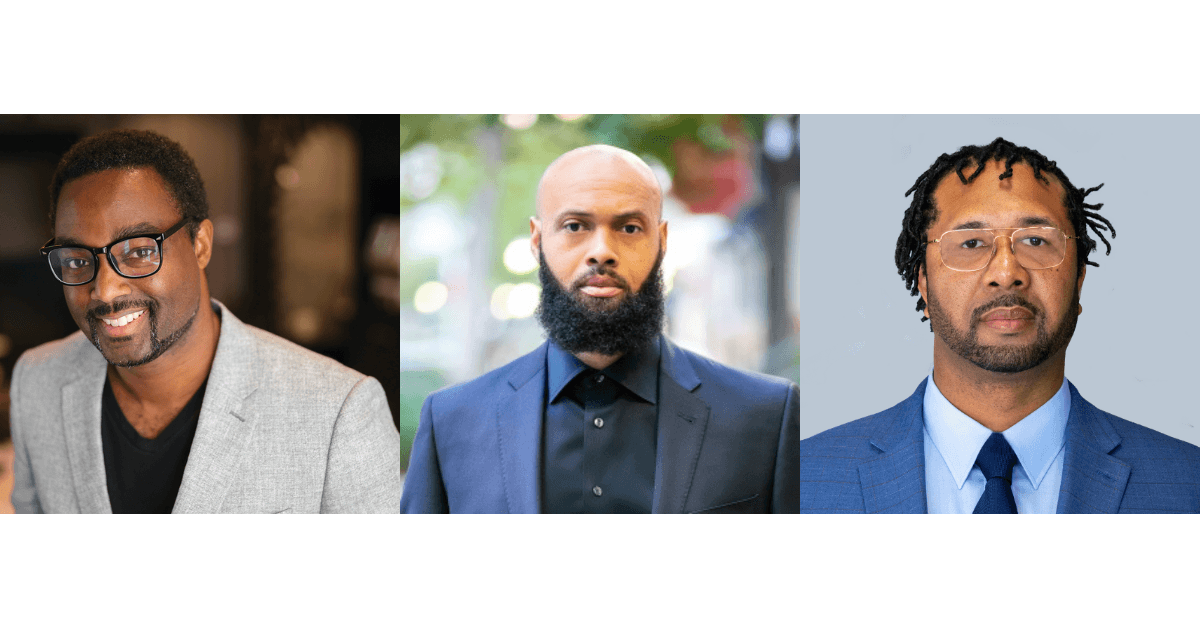When the COVID-19 pandemic began, Jessi Wilcox, program manager of CoderGirl, wanted to make sure students were able to continue their free courses focusing on things like backend web development, data science and user experience, remotely. But, she also recognized a more pressing need amongst students: amid the health pandemic and economic downturn, students were seeking employment so they could feed their families and pay their bills.
In the past few years, St. Louis has become one of the most prominent tech hubs in the midwest, with “one of the fastest growing startup scenes” in the country, according to INC. Organizations such as LaunchCode, the nonprofit that founded CoderGirl, have been working to ensure the pipeline that serves the budding tech scene is diverse and doesn’t just cater to white men with traditional degrees. But, Wilcox said organizations have to prioritize the basic needs of tech workers, especially in these current times. “I think for the first time LaunchCode made a mission pivot in a sense. Our mission is to move people into tech careers. This is the first time we’ve explored outside of that,” she said.

While continuing to remotely train students — ranging from teenagers to participants in their sixties — for entry-level tech positions, the organization realized many of their participants had more immediate job needs and helped to connect them with call center jobs at partner company Mastercard. “Something that has come up in conversation is that people are worried about living right now. And that’s not something that’s new to certain populations, just because of a pandemic. It’s interesting to see what can come of this,” Wilcox said.
The call center positions aren’t the typical apprenticeship roles that LaunchCode usually seeks for its students at companies such as healthcare giant Centene. In their traditional apprenticeship program, 80 percent of students are offered a full-time job in tech. Still, Wilcox said she hopes Mastercard will be open to transitioning these employees to tech roles once they complete their courses.
For STEMSTL Executive Director Natalie Self, taking care of her community’s basic needs is also something that has been top of mind. STEMSTL acts as a “connective tissue” working with schools, museums, libraries, STEM institutions and local employers to build rigorous and equitable STEM learning and a career pipeline in the region. In the first few weeks of the pandemic, once schools switched to remote learning, STEMSTL worked with local leaders to make sure students who typically relied on school lunches were able to eat at home. From there, the organization worked to make sure students had internet access and could complete their coursework remotely. “It was a scramble to make it to the summer and there’s no real ability to make sense of it,” Self said. Going remote as a tech organization was relatively easy. Taking care of the larger community was the challenging part. Still, Self acknowledges that this time has created new partnerships amongst community leaders that might not have existed.

As the pandemic continues, Self said she’s looking to the future and hoping that this year’s insight into the ways Black students are often disadvantaged within the school system leads to permanent change. “I think we’re still in survival mode, frankly,” she said. “But at some point we won’t be and there will be this set of voices and this vision we can build off of.”
While seeking to directly help tech workers, many leaders in St. Louis also acknowledge that this work means making sure local entrepreneurs and their businesses are being directly supported during this time. In many ways, the tools that have been utilized in this space this year were already in place prior to the pandemic.
Diverse Business Accelerator director Lakesha Mathis said not much has changed for the project, founded by the St. Louis Regional Chamber, or its cohorts. If anything, the pandemic has highlighted the effectiveness of the program, which was already teaching entrepreneurs to pivot and grow their businesses in the event of an economic downturn. ”The pandemic didn’t cause us to go into emergency mode because we always teach businesses to the next recession,” she said. The accelerator works with about 10 businesses per cohort, although virtual programming has allowed businesses from previous cohorts to tune into sessions, too. Mathis said many of the businesses are B2B and have been able to cater to the needs of clients in this moment without increasing their expenses. A janitorial company, for instance, has added 40 employees to keep up with the demands created by the pandemic. “While some businesses are struggling, the businesses that we have often left behind as a community are the businesses that are now surviving, thriving and growing. So we need to start paying attention to all businesses, always in all ways,” Mathis said.
LaShana Lewis, director of the St. Louis Equity in Entrepreneurship Collective, said the group has continued to work with about 30 entrepreneur support organizations remotely, but they’ve also added a number of courses catering to this current moment. Lewis said she discovered many of the women and entrepreneurs of color they worked with didn’t apply for PPP loans because they were under the impression that their efforts wouldn’t be successful. Two recent courses included a discussion with bankers and Community Development Financial Institutions (CDFI) who shared tips about the application process, as well as a virtual session on forgiveness loans. “I [wanted them] to see that there are people trying to give this money away, I don’t want [them] to think that the bank is just trying to hoard it,” she said. “There are some banks within the region that are trying to help.” Lewis said about 30-40 people have registered for these events.

Self said she believes there are lessons that organizations can take from this year, even once the urgency to address the health pandemic and ongoing racial uprising dies down. “The challenge when we do equity work is that the urgency born of panic is not sustainable,” she said. “One of the things that we need to figure out is how do we sustain momentum in a way that allows us to truly solve these problems.”
This story is possible thanks to support from the Ewing Marion Kauffman Foundation, a private, nonpartisan foundation that works together with communities in education and entrepreneurship to increase opportunities that allow all people to learn, to take risks, and to own their success. For more information, visit www.kauffman.org and connect at www.twitter.com/kauffmanfdn and www.facebook.com/kauffmanfdn.








